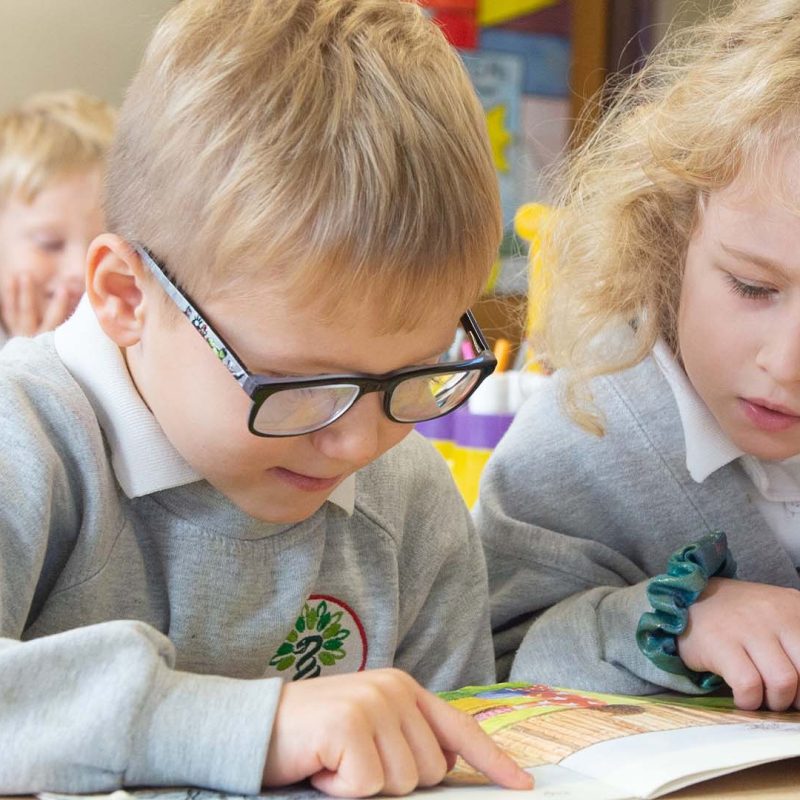Menu
Close
- Home
- About
- Information
Arrangements
Key Information
Parent & Child
Statutory Info
- Year Groups
- Curriculum
- Parent Newsletters
- Contact
- Home
- About
- Information
Arrangements
Key Information
Parent & Child
Statutory Info
- Year Groups
- Curriculum
- Parent Newsletters
- Contact
